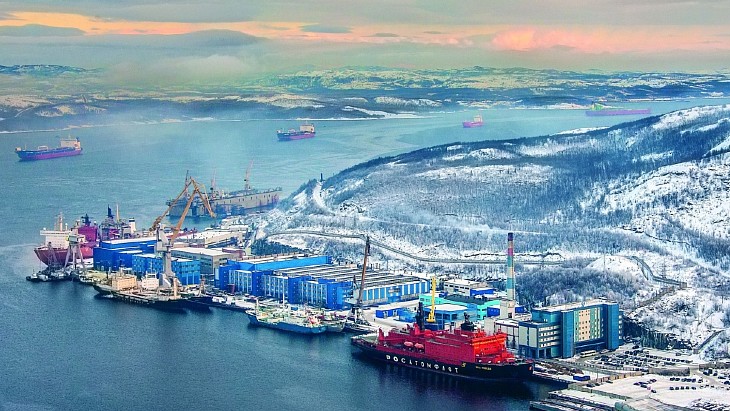
British industry has paid a £3.5bn premium on its energy costs under the Conservatives, Labour has claimed, weeks after Sir Keir Starmer said he would ban new oil and gas exploration in the North Sea.
UK companies are paying 62pc more for energy than the international average, the Opposition said, based on comparisons of prices from 2021 before the outbreak of war in Ukraine sent fuel costs rocketing.
Its analysis indicated the Conservatives have failed to match Labour’s record in office when industrial energy prices were just 8pc higher in Britain than the European average.
Labour accused the Government of failing to capitalise on advances in renewable technology a week after the Prime Minister announced hundreds of new North Sea oil and gas licences to improve Britain’s energy security.
Rishi Sunak warned on a visit to Aberdeenshire that Labour’s ban on new North Sea licences will force up household energy bills.
Labour said its plans to deliver clean energy by 2030 will boost business, adding that the Tory ban on onshore wind has resulted in 7GW of lost onshore wind capacity since 2015.
Energy-intensive industries have lost 11,000 jobs over the last eight years, it claimed.
Mr Sunak said last week that the approval of two carbon capture projects in the north east of Scotland and the Humber would support 50,000 jobs and allow Britain to meet its net-zero target by 2050.
Labour’s shadow business secretary Jonathan Reynolds said: “Every family and business in Britain has paid the price of the Conservatives’ failed energy policy which has left Britain as the worst-hit country in Western Europe during the energy crisis.
“Britain is a brilliant place to start and grow a business but energy costs are holding firms back, impacting on investment and pushing prices up.
“Labour has a plan to lower industrial energy costs for good, ensuring we keep good jobs in our industrial heartlands for decades to come.”
Under Labour’s plan British industry would save £28bn over the rest of the decade, it said, saving high street businesses more than £21bn and taking almost £5bn out of food production which could be passed on to consumers.




